International rating agency DBRS Morningstar gave a vote of confidence for Greek banks in its latest report, highlighting that the better-than-expected results of the first half of the year create better prospects for the whole of 2024.
“Higher core revenues, cost discipline, and lower loan loss provisions have led to higher profits in the first half of 2024,” commented Andrea Costanzo, Vice President of the Morningstar DBRS European Financial Institution Ratings team.
In its report, DBRS analyzed Q1 results for the four major banks—Alpha Bank S.A., Eurobank S.A., National Bank of Greece S.A., and Piraeus Bank S.A.
Greek banks reported total net profits of €2.3 billion in the first half of 2024, up 25% year-on-year, the rating agency notes in its analysis.
Despite notably lower trading and other non-recurring revenues, higher net interest income (NII) and net fees supported revenues in Q1 2024, while cost control helped offset inflation and higher expenses for digitalization.
While the cost-risk ratio decreased in Q1 of 2024 compared to previous years, it remained at higher levels than the European average. Risk profiles were further strengthened amid ongoing risk aversion trends and benign asset quality trends.
DBRS points out that the Greek banking sector’s liquidity continues to be supported by large, growing, and stable deposits, as well as increasing market issuance activity, despite ongoing central bank funding repayments.
The international agency emphasizes that the profits for the systemic banks of Greece in the first half of 2024 (Report 1) were up 25% year-on-year (YOY). Higher core revenues, cost discipline, and lower loan loss provisions (LLPs) have led to higher profits in the first half of 2024.
The average annual return on equity (ROE) was approximately 14% in the first half of 2024, marginally better than in the first half of 2023.
Source: tovima.com

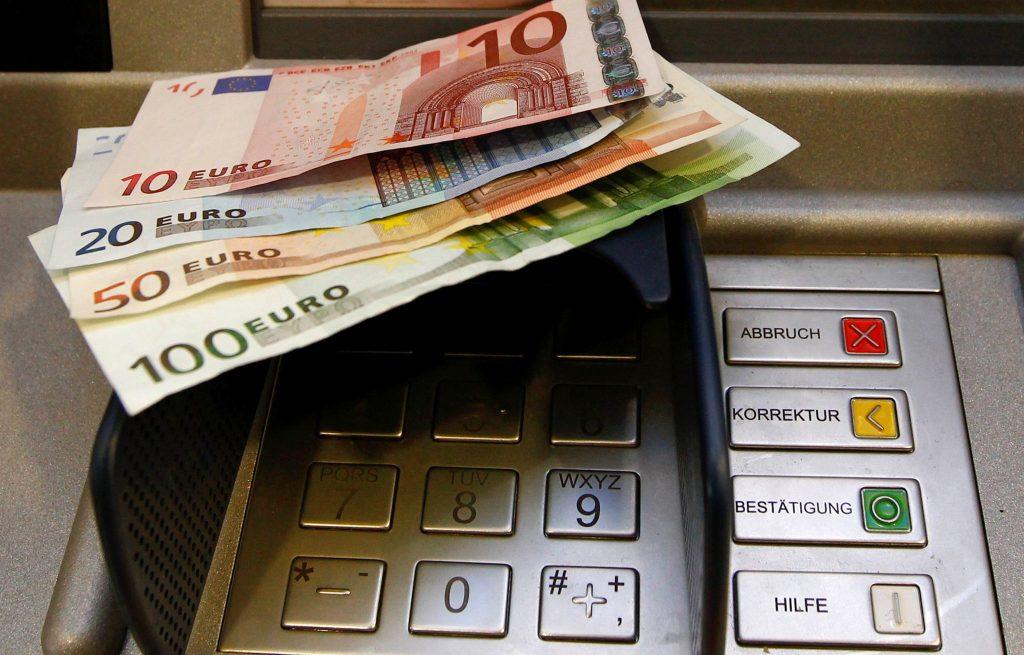




![Σούπερ μάρκετ: Νέα αύξηση τιμών – Ποια προϊόντα οδήγησαν την άνοδο [πίνακες]](https://www.ot.gr/wp-content/uploads/2026/02/SUPER-MARKET-1024x683-1-300x300.jpg)
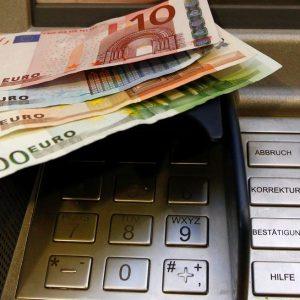







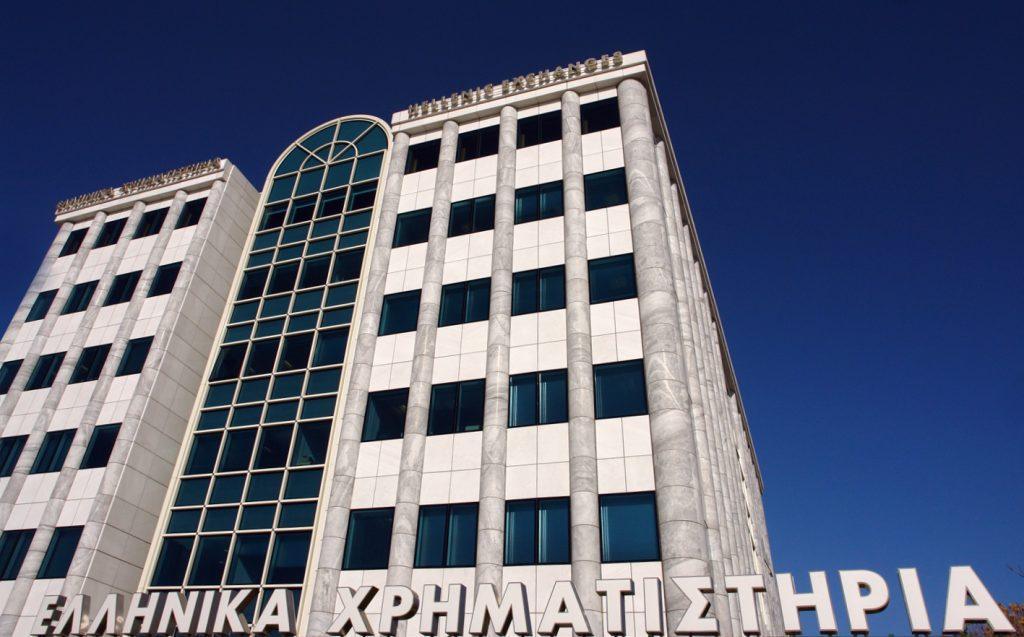


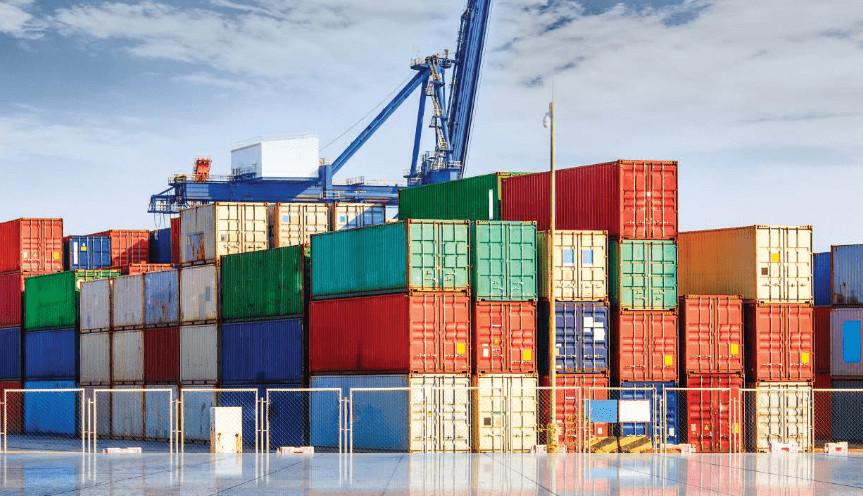








![Σούπερ μάρκετ: Νέα αύξηση τιμών – Ποια προϊόντα οδήγησαν την άνοδο [πίνακες]](https://www.ot.gr/wp-content/uploads/2026/02/SUPER-MARKET-1024x683-1.jpg)


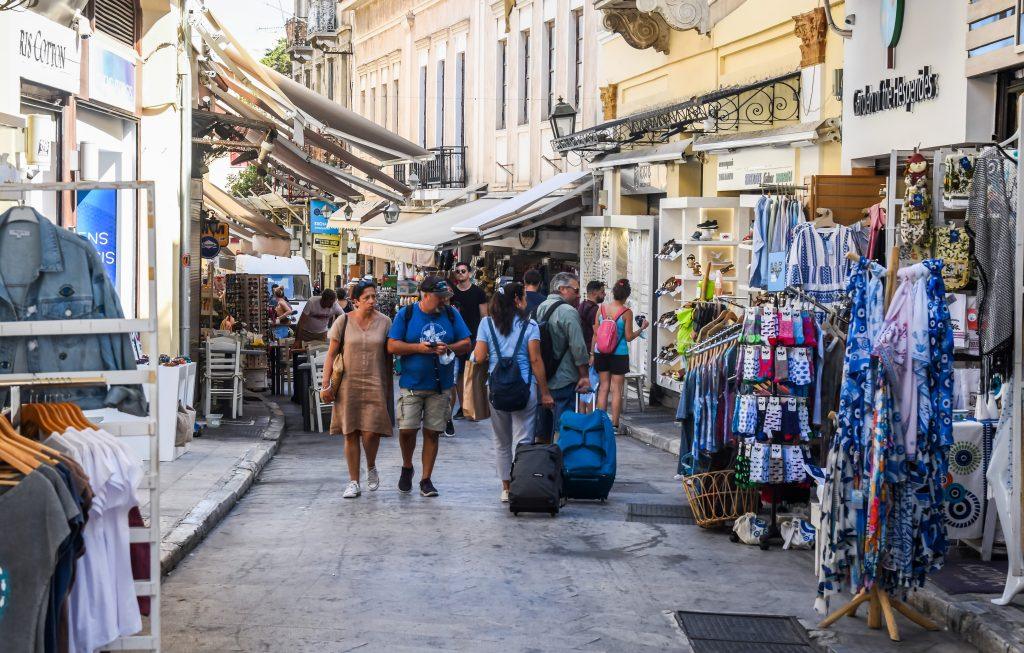
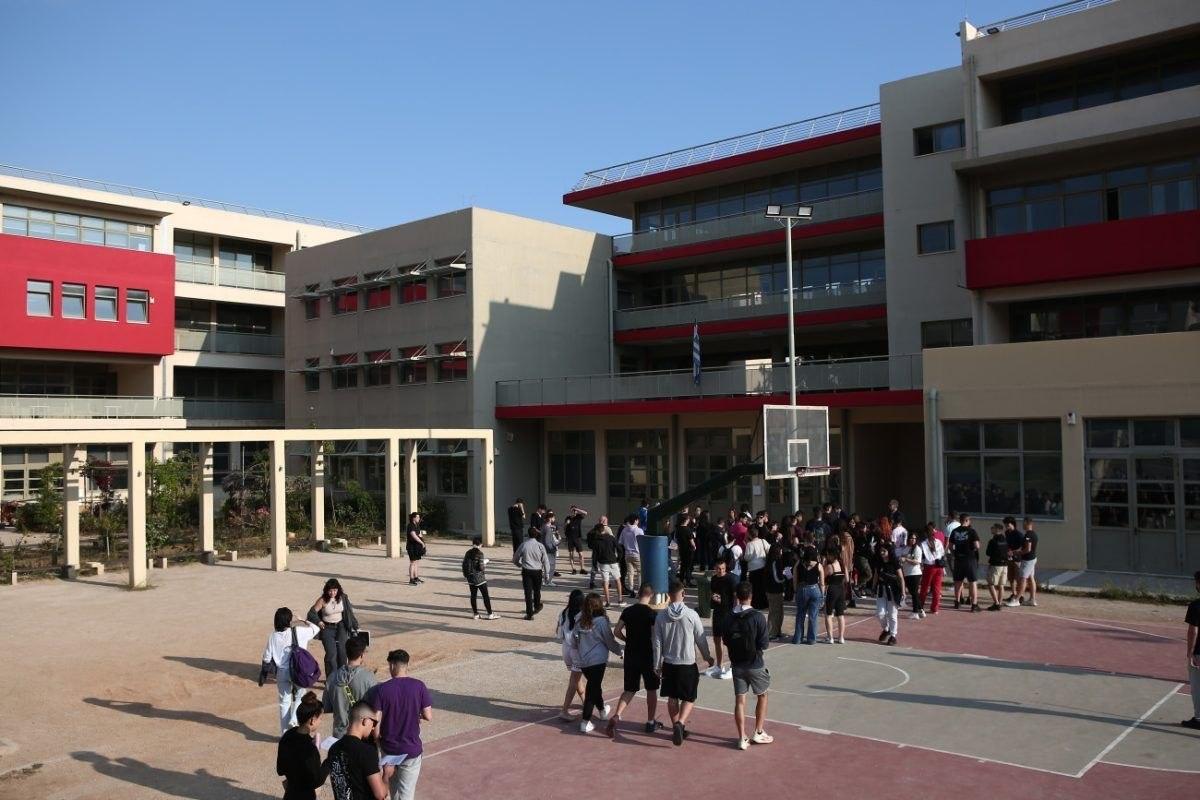
![Ακίνητα: Πόσα τ.μ. αγοράζεις με 250.000 ευρώ [πίνακες]](https://www.ot.gr/wp-content/uploads/2025/12/akinita1-e1727899707686-1024x684-1-1-1.jpg)




